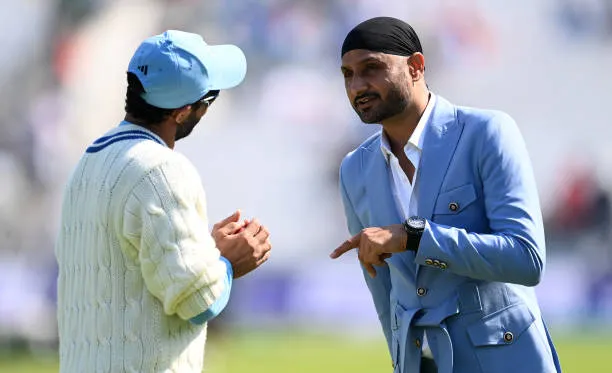
Former Indian off-spinner Harbhajan Singh has made headlines again by reiterating that India and Pakistan should avoid bilateral cricket series until diplomatic relations between the two countries improve. His comments, made in the buildup to the Asia Cup 2025, reflect a long-held view that sporting engagement should mirror political relations rather than exist independently.
Harbhajan’s remarks come after heightened tensions following the Pahalgam terror attack earlier this year and India’s subsequent retaliation, called Operation Sindoor. He emphasized that when relations are strained, it is difficult for sports—or business—to remain unaffected. According to him, continuing bilateral cricket or trade ties under these conditions undermines national sentiment. He said that until a visible improvement in relations takes place, India should refrain from playing bilateral matches or engaging in normal trade relations with Pakistan.
While speaking at a public event, Harbhajan acknowledged that there are those who believe sport is separate from politics, but he remains unconvinced. When asked about India’s upcoming match against Pakistan in the Asia Cup (a multilateral tournament), he said that although multilateral fixtures may proceed, bilateral series are a different matter entirely. He pointed out that he personally does not support any business or cricket engagement with Pakistan until relations change, though he also stated that he respects the government’s decisions regarding cricket fixtures.
His stance is consistent with actions taken by India in recent years. India and Pakistan have not played a bilateral series since 2013. Matches between the two nations now occur only during multilateral events and often at neutral venues. Harbhajan cited the fact that India refused to play Pakistan even in a Legends match recently as an example of how this principle has been applied.
Supporters of Harbhajan’s view argue that playing in the absence of political or diplomatic understanding dilutes the significance of contests, especially when emotions and public opinion are involved. They feel bilateral cricket sends a message that sport overrides national security and diplomatic concerns. For many, the gap between what happens on the border and what happens in the stadium grows more noticeable in times of conflict, making sports look like political theater rather than recreation.
Critics, however, argue that sport has its own soft power. They suggest that cricket matches even between rivals can help foster people-to-people contact, reduce hostility, and offer shared cultural moments that transcend diplomatic failures. They point out that India continues to play Pakistan in Asia Cup, World Cups, and other multilateral tournaments, which Harbhajan himself does not oppose, so they see some middle ground.
Regardless of the debate, Harbhajan’s message is clear: bilateral cricket should be contingent on the state of bilateral relations. For him, it’s not only about the game itself but about what playing the game symbolizes when tensions are high.
As the Asia Cup approaches and public, media, and political pressure mounts on both boards, Harbhajan’s comments add another voice urging caution. Whether his view will influence policy or future scheduling remains uncertain—much depends on how diplomatic relations evolve, and how both governments choose to balance national sentiment, sporting interests, and international expectations.
12BET Shortlisted for Sportsbook Operator of the Year at SBC Awards 2025

